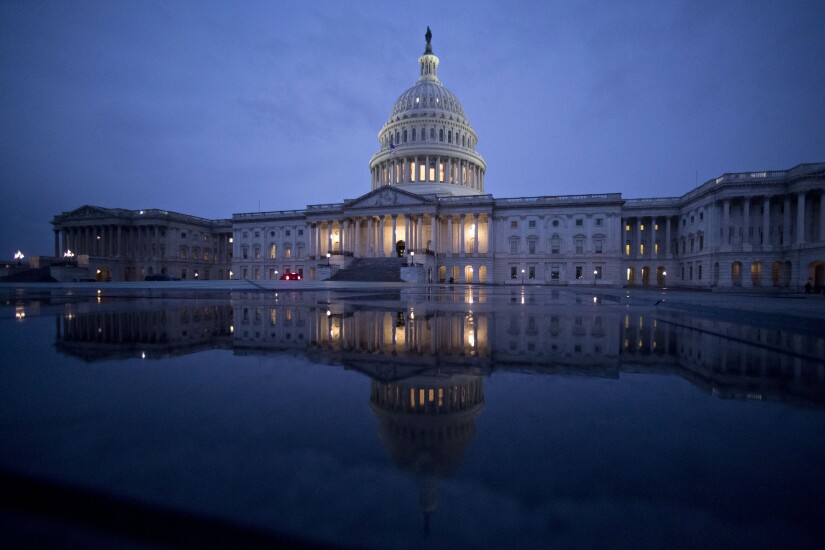WASHINGTON — Regulatory relief is now close to becoming law, but success in
Following enactment of the Senate reg relief bill sponsored by Banking Committee Chairman Mike Crapo, Republican lawmakers are expected to prioritize consideration of
It is also possible that some lawmakers may try to channel the momentum from the Crapo bill into progress on other pending issues, such as reforming anti-money-laundering rules mandated by the Bank Secrecy Act and the still-unfinished chore of overhauling the housing finance system dominated by Fannie Mae and Freddie Mac.
But the window for any additional legislative progress on banking policy is narrowing just months before lawmakers turn their full attention to the midterm elections, and Congress may have less appetite for additional financial reforms after passage of the Crapo bill. Democrats have resisted efforts to expand the Senate reg relief legislation. The absence of looming crises such as a big data breach or Wall Street failure also likely diverts lawmakers’ attention away from banking policy.
Still, closure on the reg relief bill could also free up some bandwidth to focus on other issues.
Ed Mills, a policy analyst at Raymond James, said the top agenda item for the House Financial Services Committee and Senate Banking Committee will be proposed reforms of the Committee on Foreign Investment in the United States, known as CFIUS.
“After that I would say it is BSA/AML, and the Moby Dick of the committees is housing finance reform; it’s the great white whale we keep on hunting,” Mills said.
Here are four pending legislative items of interest to the industry:










